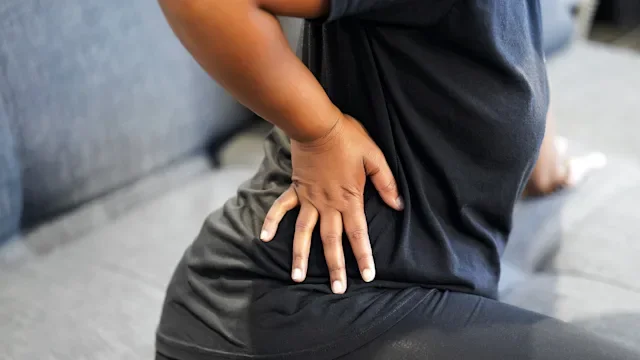Many people who get joint replacement surgery do so because their mobility has become limited. They may have difficulty participating in hobbies, doing their job, or just completing everyday tasks. For this reason, if you’re having this procedure, you may be eager about resuming activity after joint replacement surgery. When can you get back to your usual physical activity?
It’s not a one-size-fits-all answer. “That is a conversation to have with your surgeon as well as your physical therapist to set expectations as to your recovery,” says Ann Marie Moynihan, RN, Director of Nursing at NYU Langone Health.
Variations in recovery time
There are several factors that can impact your recovery time. Resuming activity after joint replacement may depend on things like:
Your activity level prior to surgery
Your overall health prior to surgery
Which joint is being replaced
How well you follow the post-surgery instructions from your surgeon
The presence of surgery complications
“For certain young, active hip replacement patients, that could be three to four weeks,” says William Macaulay, MD, Orthopedic Surgeon at NYU Langone Health. “For some older knee replacement patients, two to three months.”
Tips for resuming activity after joint replacement
You may be able to return to your usual physical activities sooner if you are careful in your recovery and don’t push yourself too hard and too soon. “Patients after orthopedic surgery should not try to overdo exercising,” says Moynihan. “You do not want to injure your surgical site. You also do not want to cause any more pain or any damage to the [joint] after surgery.”
During recovery, there are exercises you can do to help ease the joint back into exercise.
“A physical therapist will typically provide the patient with a set of exercises that the patient can do, maybe three times a day,” says Dr. Macaulay. Additionally, it can be helpful to practice walking around your yard or neighborhood with a friend or family member.
Getting on the same page with your surgeon
It’s important to communicate with your surgeon to set goals and reasonable expectations.
“If hip or knee replacement patients have more questions about their recovery … they should feel very comfortable reaching out to the surgeon's office with those questions,” says Dr. Macaulay. Learn more about what to expect during joint replacement recovery here.
William Macaulay, MD, is an Orthopedic Surgeon at NYU Langone Health in New York City.
Ann Marie Moynihan, RN, served as the Director of Nursing at NYU Langone Health in New York City. She is currently the Vice President for Patient Care Services and Chief Nursing Officer at Saint Joseph's Medical Center/St. Vincent's Hospital Westchester Division,
References
American Academy of Orthopedic Surgeons. (2021). Total joint replacement.
Martin, G.M., et al. (2023). Total knee arthroplasty. UpToDate.

Why trust our experts?














